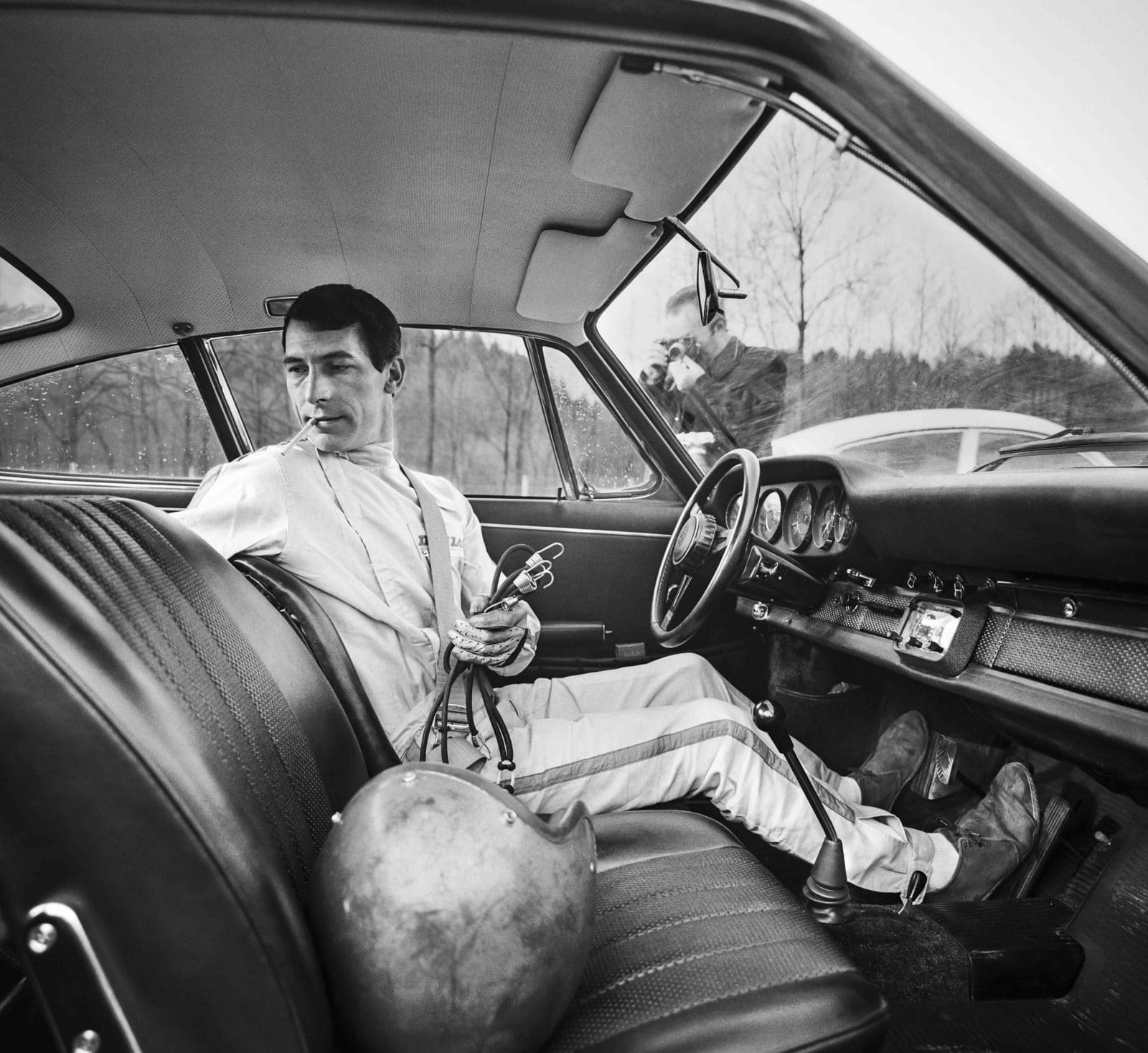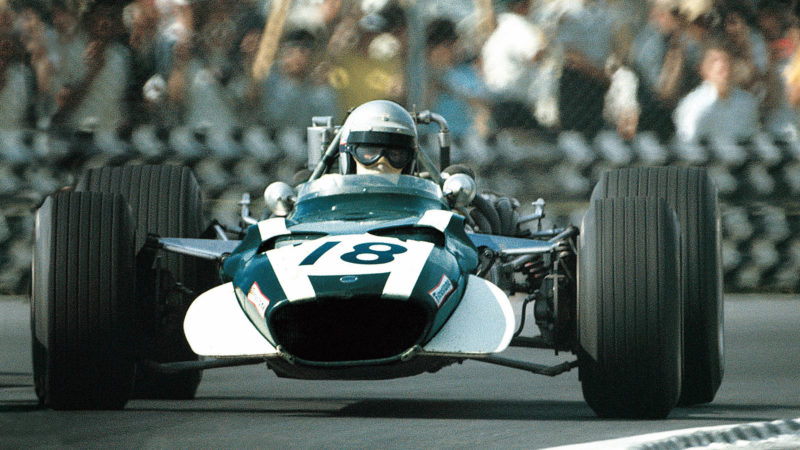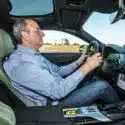Vic Elford: Last of the great all-rounders
From rallying, to sports cars and Le Mans, via the Targa Florio. Vic Elford was a true one-of-a-kind talent that shone on a whole host of stages. Andrew Frankel relates his incredible story

Once a rally navigator, then a driver, then an all-conquering all-rounder, Elford was comfortable in any type of machinery.
DPPI
The motor sport career of Victor Henry Elford, who has died aged 86 after a long illness, just goes to show you can never put too much faith in the statistics. He never even scored a podium in Formula 1, let alone won a race. He never won Le Mans either, despite eight attempts. And yet when people think of Elford today, there is one word that springs most readily to mind, ‘quick’– and only partly because it rhymed with Vic.
And quick he was, in almost anything. And he drove almost everything: rally, rallycross, touring cars, sports cars, Can-Am, even in NASCAR. If it competed, Elford required little encouraging to compete in it.
Behind the headlines that record zero wins in blue riband events, his actual successes were legion. Away from Le Mans, he won every single globally renowned sports car race: the Daytona 24 Hours, Sebring 12 Hours, the Targa Florio and the Nürburgring 1000Kms no fewer than three times. But the most astonishing fact of all is that because he was already 32 years old before he got his big break in sports cars, his full-time, front-line career as a driver was just five seasons long. Had he started earlier, or ended later, who knows how much more he would have gone on to achieve?
He was, of course, a successful rally driver long before his racing career started, and a successful co-driver before that. He was the European Rally Champion in 1967 and then, famously, won the 1968 Monte-Carlo Rally in a Porsche 911 before flying to Daytona and, nine days later, winning the Daytona 24 Hours in a Porsche 907, a car in which he’d had little experience at a track he’d never visited. And all within a year of his first ever motor race.
Vic wasn’t a rally driver who got sidelined into circuit racing with Porsche after his Monte win. He rallied simply because he couldn’t afford to race, and started navigating because he couldn’t afford to drive. He was a south Londoner whose parents ran a Peckham café.
His co-driving career started in a Triumph TR3A in 1960 and ended the next year when he was fired from BMC because he kept on insisting he was better than its official drivers. He was then an official Triumph driver until 1963, and spent three years with Ford before Porsche’s Huschke von Hanstein called.
His transformation was 1967, during which he won the European Rally Championship, the 2-litre class in the British Saloon Car Championship (both in 911s) and was tried out on the Targa Florio in a 910. Approaching the race with the mindset of a rally driver, he did 10 recce laps in various cars before coming third in the race. His career path was sealed.

On F1 duty with Cooper in Mexico, 1968
He did try F1, completing a baker’s dozen of races between 1968-71 but his first result, fourth in the 1968 French Grand Prix, would be the best of his single-seater career. It is worth noting that this race was held at the old circuit at Rouen which in parts made the old Nürburgring look tame; the race was wet and claimed the life of another F1 debutant, poor Jo Schlesser, on its first lap. What it must have been like to aim his V12 Cooper through the downhill swerves in the pouring rain in his very first race at the top is beyond imagining.
But, as this illustrates, Elford was not just quick, he was ridiculously brave too. In the 84-hour Marathon de la Route held in 1967 he did four consecutive night stints at the Nürburgring, each seven and a half hours long, because none of his co-drivers fancied it. By the time one of them, Jochen Neerpasch, drove the car over the line to win, Vic was already back in the UK, racing at Brands Hatch.
Perhaps the greatest evidence that Vic was cut from a rather different cloth is that he is the only person I’ve ever spoken to who actually enjoyed driving the earliest version of the Porsche 917. “It was a brilliant car, and you could tell how good it was going to get. It kept you busy for sure, but when it was so much faster than anything else it was a price well worth paying.” At Le Mans in 1969 he and Richard Attwood (who still regards it as the worst car he ever raced) were two laps in the lead after 21 hours when the car finally broke.
It is to be remembered too that at Le Mans in 1972 it was Vic who stopped his Alfa Romeo 33 out the back of the circuit to try to save the life of the driver of a burning Ferrari Daytona. Wading into the flames he was not to know that the driver had already vacated the scene unharmed, nor that his friend Jo Bonnier had been part of the same accident and had lost his life when his Lola flew into the trees.
He quit full-time racing at the end of that season, no longer regarding the rewards as worth the risk. He came back briefly in 1973 to race a Porsche 917/30 in an Interserie race at Hockenheim. The turbocharged monster had 500bhp more than anything else he’d ever raced and he was up against no fewer than seven other 917s. He took pole, led into the first corner and was still leading when the flag fell, three full minutes clear of the next car.
I last saw Vic two years ago for dinner at the Goodwood Members’ Meeting and I asked him what the 917/30 was like to race. ‘‘I can’t tell you, I’m afraid. It was never in the plan to actually race it. The plan was to start in front and stay in front. No racing required. What I remember most was when it came out of the old Ostkurve and I changed from third to fourth at 150mph, it could still leave thick black lines behind it. I did find that quite impressive.”

